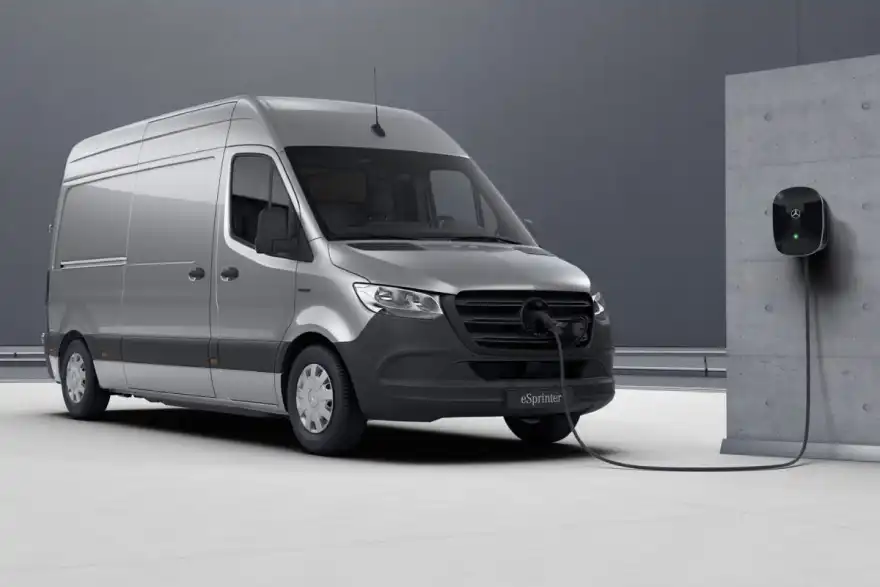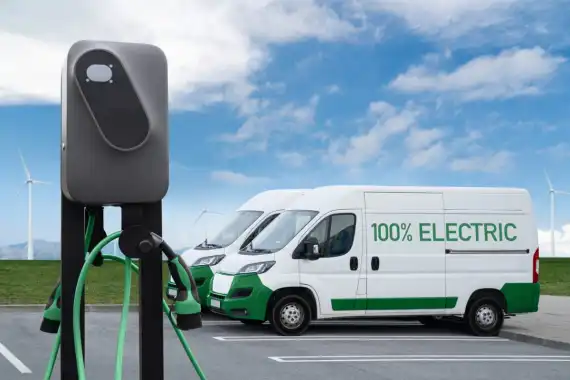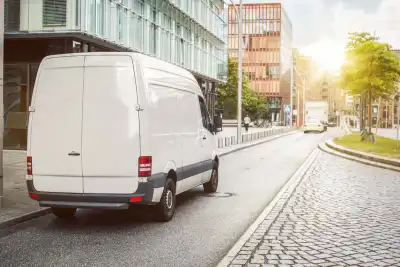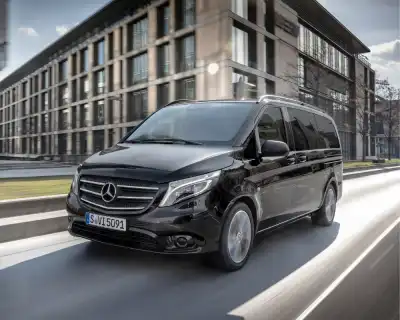
Electric vans are becoming more common on the roads with new models hitting the market frequently. Despite this, many van users are still skeptical about switching to electric. Let's dive into the benefits and drawbacks of electric vans.
Benefits of Electric Vans:
- Zero emissions, which means cleaner air.
- Charging costs are significantly lower than diesel fuel.
- Access to low or zero-emission zones without penalties.
- Easier, quieter, and more enjoyable driving experience.
- Often more powerful and can handle full loads easily.
Drawbacks of Electric Vans:
- Need access to a home charging point, which can be challenging without a private driveway.
- Public charging points can be inconvenient, with potential long queues and waiting times.
- Battery weight can reduce payload capacity and towing ability.
- Range can be affected by payload, weather, and other factors.
- Pre-conditioning the vehicle's temperature can impact range.

Range of New Electric Vans:
- Mercedes-Benz Sprinter (2024): 271 miles
- Renault Master E-Tech (2024): 255 miles
- Volkswagen ID Buzz Cargo: 254 miles
- Maxus eDeliver 7: 230 miles
- Vauxhall Combo Electric (2024): 205 miles
- Ford E-Transit: 196 miles
- Nissan Townstar Electric: 186 miles
Payload and Weight:
Payload refers to the maximum weight a van can legally carry, including its weight, passengers, and cargo. Electric vans are getting closer to diesel vans in terms of payload. Some larger electric vans even exceed the payload of their diesel counterparts due to government allowances. There's a plan to remove the weight limit restriction for electric vans in the UK, but the timeline is unclear.
Running Costs:
Charging costs vary based on electricity tariffs. A full charge for a Vivaro Electric van with a 75kWh battery might cost around £20, equating to about £3,900 for 40,000 miles. In comparison, a diesel van might cost around £6,900 for the same mileage. You'll also need to consider the cost of a home wallbox charger, which is a one-time expense.
Is an Electric Van Right for You?
Consider these questions:
- Do you have a private driveway for easy overnight charging?
- Do you typically drive less than 100 miles per day?
- Does the payload meet your needs?
- Do you tow a trailer? Check weight limits and towing capabilities.
- Do you frequently drive in urban areas with emission zones?
Answering these questions can help you decide if an electric van is a suitable choice for your needs.




